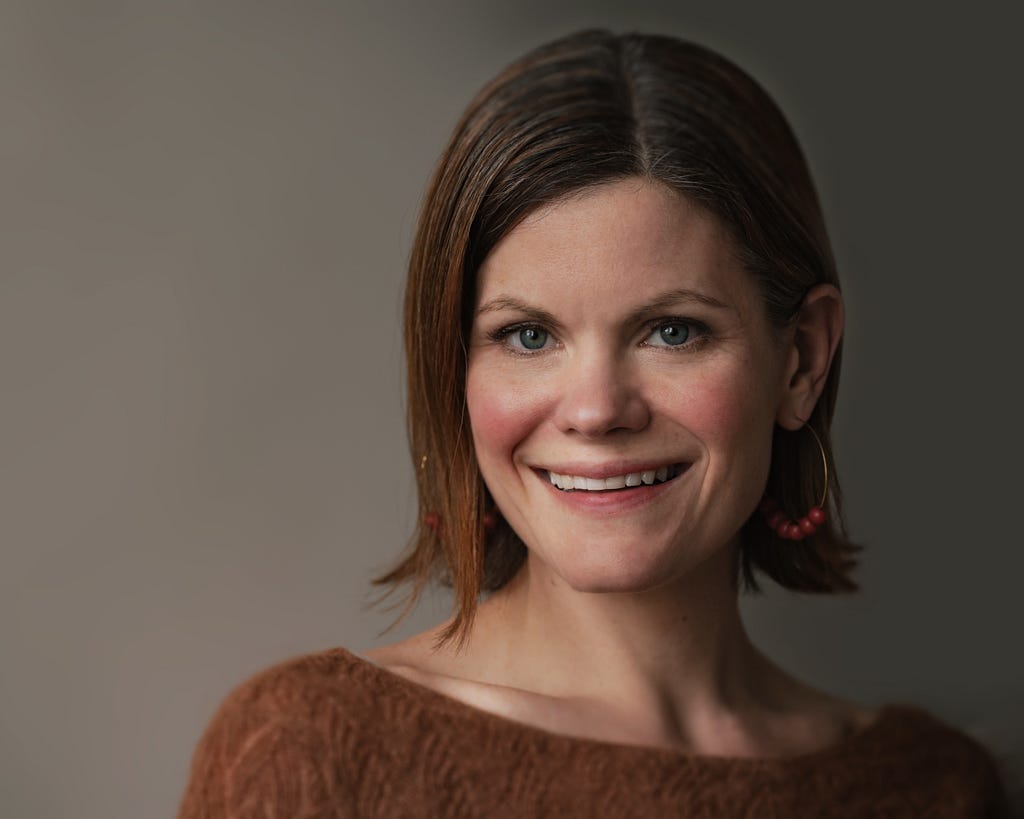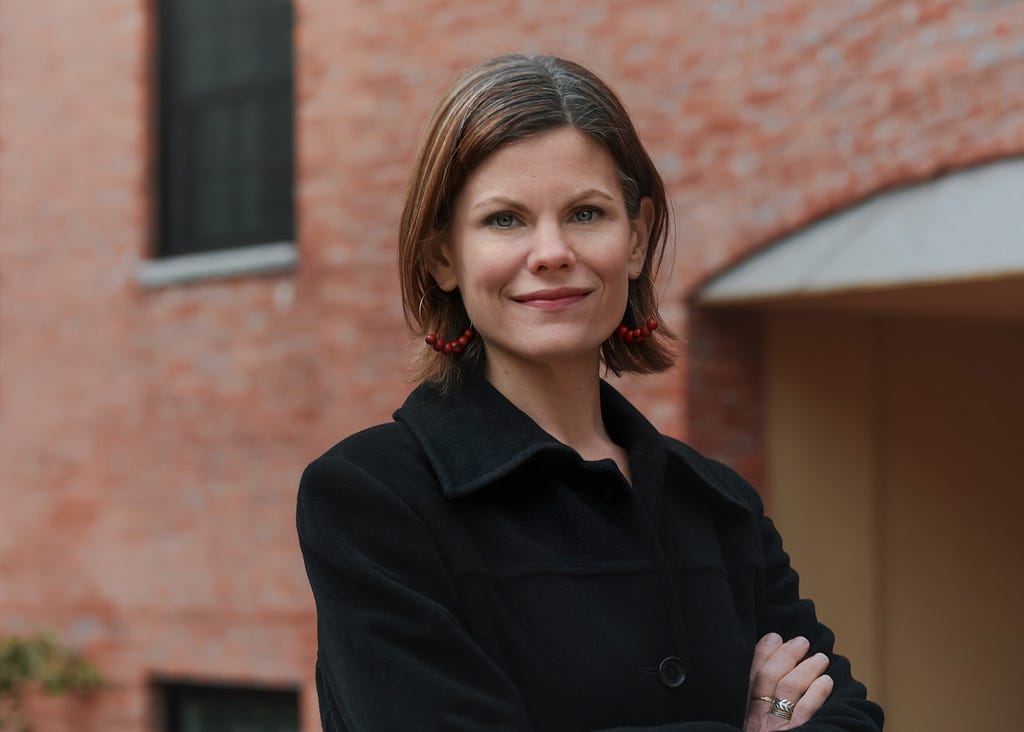
Practice & learn to tolerate the disappointment. It can be really difficult to tolerate disappointing others. Yet, we can learn to handle it. We can work that muscle and learn that people still like and respect us even when we don’t “people please”- in fact, their respect for us might go up! Another way to frame this is to choose discomfort over resentment- the discomfort of saying no is shorter than the resentment of saying yes to something you do not want to do or do not have the capacity to take on.
In today’s society, the tendency to prioritize others’ needs and expectations over one’s own can lead to significant emotional and psychological challenges. In this series, we would like to explore the complex dynamics of people-pleasing behavior and its impact on individual well-being and relationships. We would like to discuss the root causes of people-pleasing behavior, its effects on personal and professional life, and practical steps for cultivating healthier relationships and self-esteem. We hope that this series can provide insights, strategies, and real-life experiences that can help individuals navigate and overcome the pitfalls of being a people pleaser. As part of this series, we had the pleasure of interviewing Dr. Anne Welsh.
Dr. Anne Welsh is a distinguished psychologist & executive coach with a profound affinity for supporting women in leadership, and aiding working parents across diverse career landscapes. Beginning her career at Harvard, Dr. Welsh has since pivoted, dedicating her life to unraveling the interplay between career aspirations, personal fulfillment, and women’s mental health throughout the lifespan. Her coaching brings together research and real life experiences to hone leadership skills, improve emotional intelligence and create work-life integration.
Thank you so much for your time! I know that you are a very busy person. Our readers would love to “get to know you” a bit better. Can you tell us your “Origin Story”? Can you tell us the story of how you grew up?
I grew up with 2 doctors for parents- both my father and mother were physicians. I was the third of four kids, and to hear my parents tell it, all I ever wanted to be was a doctor. I liked science, I liked helping people, and both my parents were doctors, so it made sense. It also seemed to make my parents happy. I was the only one of the kids interested in medicine- and they loved that. I would even get Christmas presents addressed to “doctor.” I kept relentlessly following that path until getting into medical school. At the moment though, I realized it was not MY dream- it was theirs. It was one of the hardest decisions I had to make, but I turned that medical school admission down so that I could take some time to find out what I wanted for myself. The ultimate anti-people-pleasing move, in a way!
Can you tell us a bit about what you do professionally, and what brought you to this specific career path?
In my current work, I have both a therapy practice as a clinical psychologist and an executive coaching and consulting practice focused on supporting women in leadership and working parents. Getting here was, actually, a series of pivots. I began my career in research looking at both career development and at the transition to motherhood. I shifted from a research career to a practice career, as I fell in love with clinical work. I worked at Harvard for a while, but opened up my own practice in order to find a better work-family balance when I had my own 4 children. I then expanded my work into executive coaching as I wanted to reach more people and support changes in the work environment as well, leading to healthier workplaces overall.
Thank you for all that. Let’s now turn to the main focus of our discussion about People Pleasing. To make sure that we are all on the same page, let’s begin with a simple definition. What does “People Pleaser” mean to you?
The most simple definition is someone who puts the needs/wants/desires of others above their own, or someone who focuses only on making others happy.
On the surface, it seems like being a person who wants to please others is a good thing. Can you help articulate a few of the challenges that come with being a people pleaser?
While helping meet the needs of others can be a great thing, it can come with a cost if you also completely ignore your own needs. On a small scale, people pleasing in a specific situation or within a specific context, might only pose a small challenge- you might feel more run down, resentful, or less happy with a relationship. However, chronic people pleasing can lead to an overall lack of fulfillment, anxiety or depression, irritability, resentment, burnout, and a total disconnect from yourself.
Does being a people pleaser give you certain advantages? Can you explain?
In some contexts, being a people pleaser can give you superficial gains- making your boss happy, social acceptance, positive feedback- all of these things can feel like advantages to pleasing people. You are, on the surface, well liked.
Can you describe a moment in your life when you realized that your own people-pleasing behavior was more harmful than helpful?
I think my biggest moment was in that pivot away from medical school. I realized that I was pursuing something that others wanted for me and that it wasn’t what I personally wanted to spend the next 10 years of my life pursuing. It was very hard to say no, but it was also one of the things that really allowed me to keep accessing my own needs.
In your opinion, what are the common root causes of people-pleasing behavior?
People Pleasing can have many causes. Often, it is part of low self-esteem, or self esteem that is based on approval from others. However, it can also be part of cultural or gender expectations as well. For example, women are socialized to be “givers” and to prioritize the needs of others. For some, people pleasing can then be part of being a “good” woman or meeting those larger expectations.
How does people-pleasing behavior impact personal relationships?
People pleasing might seem like a great relationship builder, but in the end it can be a barrier to true emotional intimacy. When we are in people pleasing mode, we don’t let others really see us; they only get a version of ourselves without any real needs or wants of our own. This can make relationships feel empty or lonely. In addition, people pleasing can lead to resentment and bitterness, as one person is chronically undervalued or unsupported.
How does people-pleasing behavior impact professional relationships?
Professionally, people pleasing can also cause problems, especially in leadership. If you are always looking to appease at work, you will quickly end up in a situation of saying different things to different people. This can degrade others’ view of you as a person of strength and integrity. At work, people will often want different things of us, and you cannot possibly please them all. Trying to do so often ends up with you disappointing everyone. In addition, being a “yes” person means that you are not acting in alignment or authenticity with your own values. This can mean that your career does not feel fulfilling and can lead to being “checked out” or, eventually, to burn out.
How can long-term people-pleasing behavior impact an individual’s mental health?
Chronic people pleasing means we are always running on fumes. Sure, you can drive a car on fumes, filling a gallon here or there, but it’s really bad for the engine and eventually you are going to run into a larger repair. When we constantly silence or ignore our own needs, it slowly degrades our mental health until we end up anxious, depressed, or completely burnt out- without even really understanding how we got there!
In your experience, what is the role of self-awareness in overcoming people-pleasing tendencies, and how can individuals cultivate it?
Self-awareness is key, and is often one of the hardest parts of overcoming people pleasing. While part of changing this pattern for ourselves is labeling the source of our expectations (and realizing that it is not from within), the other huge part is starting to name what YOU want aside from all of these external forces. Yet, especially as women, we are asked to turn that off from a very early age. So many women that I work with don’t even KNOW what they want anymore- for their lives or even for dinner. Part of gaining self-awareness is taking the time to ask yourself what you want. In both the small and big things. Just like a muscle, checking in with our own needs and wants is a skill that can be grown and developed.

Here is the primary question of our discussion. Based on your experience or research, what are the “Five Strategies Or Techniques That Can Help Individuals Break Free From The Cycle Of People-Pleasing”?
1 . A great starting place is simply recognizing that you are people-pleasing. So often we are going around on autopilot, not realizing that we are trying to achieve certain goals to please someone else- either our partner, our families, our boss, or simply our culture. There are so many examples of this out in the world. Any mom that’s felt compelled to do some sport, party, feeding method, etc. because it is everywhere on instagram, is essentially people pleasing! When you start to notice that you are doing things because of OTHERS’ perceptions, then you can start making changes. The follow up step is to start getting curious about those messages. Where are they coming from? WHO am I pleasing and why does that feel important? A great example is a client of mine that came to me experiencing significant burnout. She was trying to wake up at 5am to start her day with a moment of peace, but just ended up feeling more and more anxious. She even switched jobs but found that feeling of dread just returned…because the problem wasn’t the job or the lack of discipline. The problem was the beliefs she had developed around achievement as necessary to her value. She was trying to “please” everyone with work, but it wasn’t pleasing her! She developed some insights into how these beliefs developed and where they didn’t actually fit for her. So we started doing this work to release these beliefs, and as a result of it, she was finally able to find peace at work, find a better sense of balance, and an appreciation for her own worth.
2. Doing some work around your self-esteem is another way to counteract people pleasing. So often, our sense of worth is tied up in the approval of others. If we disappoint them, then we are not seen as good by them or ourselves. Yet in the end you are enough just as you are. Working on internalizing this belief (with books, a coach or a therapist) can be a great way to support moving away from people pleasing. I had a client who was able to start working on feeling okay as herself when she was by herself. This led to increasing confidence overall, which led to a strong ability to make choices aligned with her values rather than always seeking to please others.
3 . Another tool is to start naming what YOU want- your own values, needs and desires. This can be as simple as asking yourself what you want for dinner! A great tool is to take 5 minutes to list 5 things you want in the next year (or week or 6 months). Then list 3 steps you can take towards each- this starts to make those goals/desire/needs more tangible and accessible! Another option here is to do some values work. Once you can name your values, you can access what is important to you and focus on whether requests of your time are things that make sense for you.
4 . Doing some boundaries work is an excellent place to work on people pleasing. So often we say “yes” to others as a way to make them happy. Yet, time is a limited resource and yes and no always come in tandem. It can help to recognize that saying yes to something is a no to something else. For example, if I say yes to my boss on that extra project, I am saying no to either my own project, my self care, my sleep or my family. That’s an okay trade if that works for you, but be aware of the no that comes on the other side.
5 . Practice & learn to tolerate the disappointment. It can be really difficult to tolerate disappointing others. Yet, we can learn to handle it. We can work that muscle and learn that people still like and respect us even when we don’t “people please”- in fact, their respect for us might go up! Another way to frame this is to choose discomfort over resentment- the discomfort of saying no is shorter than the resentment of saying yes to something you do not want to do or do not have the capacity to take on.
What steps should people pleasers take to establish healthier boundaries? Healthy boundaries take work- you have to get a clear sense of your needs and values in order to hold onto those. In addition you need to practice- small boundaries can be an easier starting point than something big. In addition, you can develop”tag lines,” or easy phrases that work for you as a way of saying “no”
How can someone who is naturally empathetic maintain their compassion while becoming more assertive?
To start, they can recognize that being assertive and taking care of their own needs is not the opposite of empathy. A person can see and sit with someone in their feelings and challenge, while also holding boundaries and maintaining their own mental health.
What are the most common misconceptions about people pleasers, and how do these misconceptions affect their journey toward recovery?
Two common false beliefs that people pleasers hold are 1) that boundaries are selfish and 2) that saying no will make people care about or respect you less. Holding onto these beliefs can make it almost impossible to give up people pleasing, as they suggest that your value as a person lies in focusing only on the needs of others.
What role can therapy or counseling play in helping individuals overcome people-pleasing behavior?
Counseling and coaching can help people look at why they have gotten into the pattern of people pleasing and examine the function it provides for them. Helping people understand that “why” and gain insight into their history, can help them address the underlying beliefs to make change. In addition, counseling can also be a place to come up with plans and new behaviors to practice, along with support, as they embark on new ways of interacting with others.
You are a person of great influence. If you could start a movement that would bring the most amount of good to the most amount of people, what would that be? You never know what your idea can trigger. 🙂
For me, and related to this topic, I want everyone to understand what I call the Ambitious Identity Paradox- for so many of us, we see our worth in our accomplishments and in what others think. We strive for things that we *think* we want and they actually bring us farther from alignment and happiness. I would love it if everyone could have support to get rid of the external voices of what they are supposed to want or do, and access what they really want, what their values are, and then start to act in alignment with those things. We’d all be a lot more fulfilled and less stressed!
How can our readers further follow your work online?
Everyone is welcome to check out my website www.drannewelsh.com where they can find information about my therapy work, my coaching work with individuals, my group coaching program for working mothers, and my speaking and media engagements. They can also connect with me on linkedin at www.linkedin.com/in/drannewelsh or on instagram @dr.welsh.coaching
Thank you so much for sharing these important insights. We wish you continued success and good health!
Dr Anne Welsh On How to Recover From Being a People Pleaser was originally published in Authority Magazine on Medium, where people are continuing the conversation by highlighting and responding to this story.
